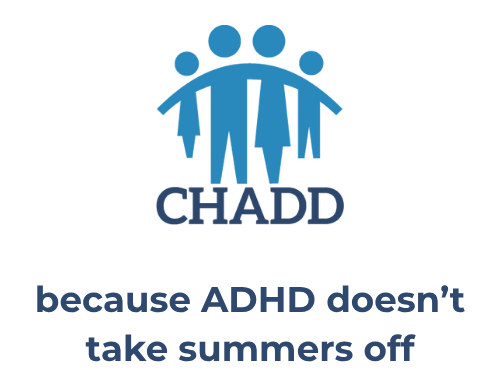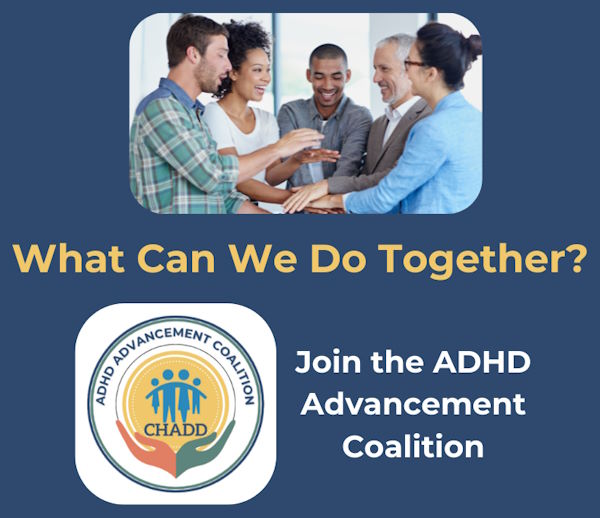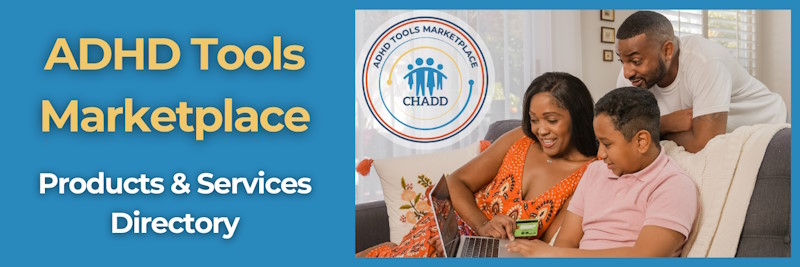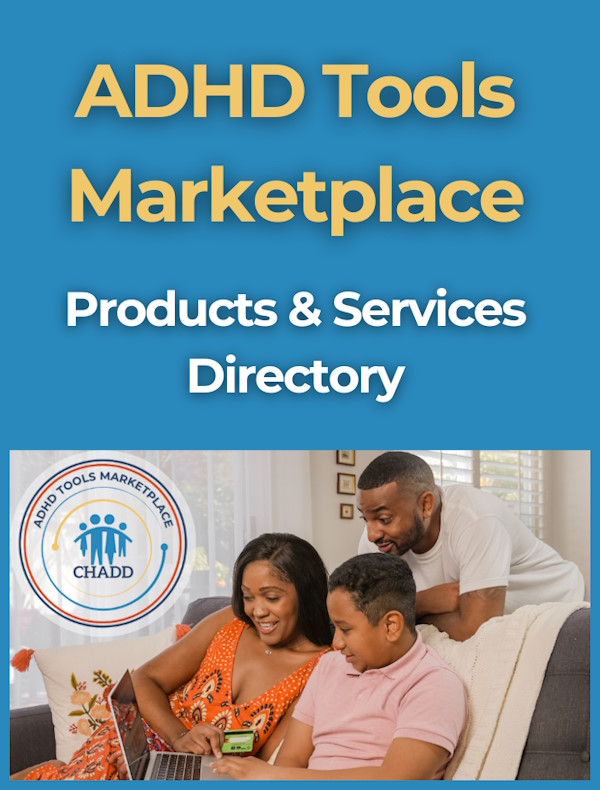ADHD in the News 2025-07-03
July 3, 2025US FDA to revise ADHD stimulants labels to warn of weight loss risk in children under 6
ADHD diagnoses growing, but many women remain undiagnosed
Rethinking adult ADHD
ViewADHD Weekly, July 3, 2025
July 3, 2025Better Sleep Helps Teens Manage ADHD
Prioritize Praising Your Child with ADHD
Understanding Strategies to Reduce Conflict
View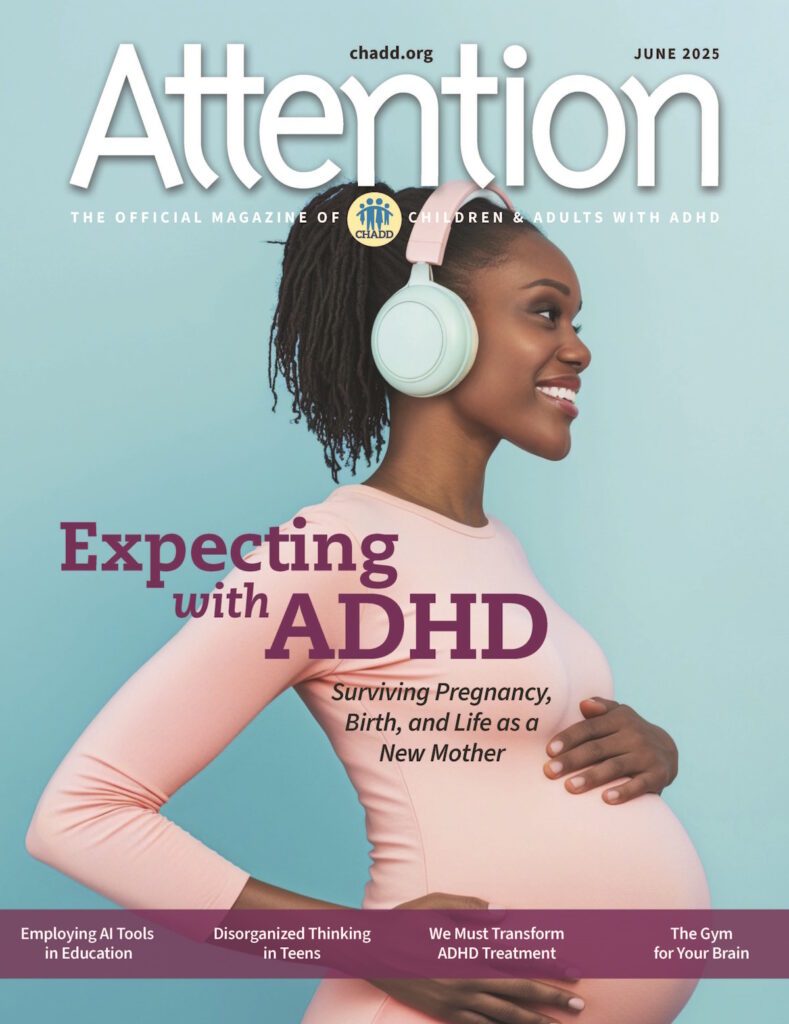
Attention Magazine
Recognized for its excellence, CHADD’s bimonthly magazine is rich in practical information, clinical insights, and evidence-based strategies for managing ADHD.
LEARN MORE



